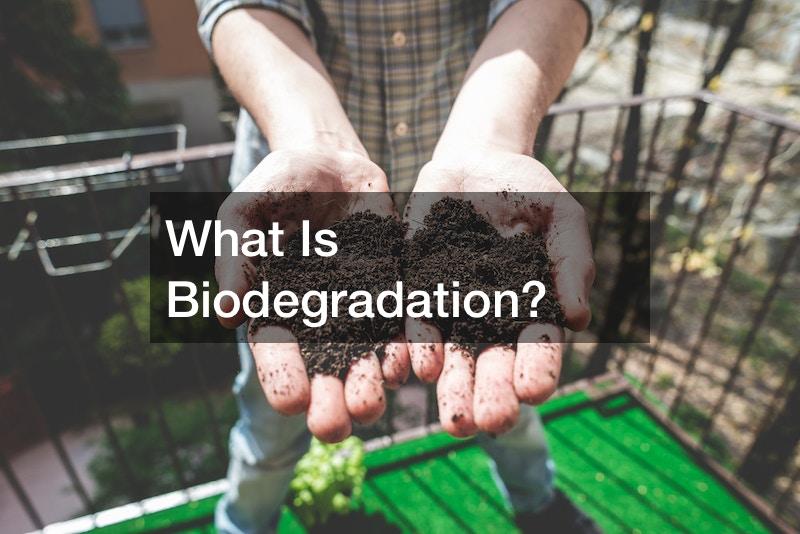
Biodegradation is the process of breaking down organic matter by bacteria, fungi, or other microorganisms. This process is important because it helps to recycle resources and remove pollutants from the environment. Biodegradation can also help to create new soil, improve water quality, and produce renewable energy sources like biofuels.
In this blog post, we will explore some of the benefits of biodegradation and explain how it can help to clean up our environment.
Use of Biodegradation
Biodegradation is used in many different ways. It is used in sewage treatment to remove pollutants from wastewater. It is also used in the production of compost, which is a type of organic fertilizer. Biodegradation can also be used to clean up oil spills and other environmental contamination.
How to Engineer Them in Systems
Different microorganisms can be used for biodegradation, depending on the type of contamination. Microorganisms can be engineered to degrade specific types of contaminants.
Good for Bioremediation
Biodegradation can be used for bioremediation, which is the process of using living organisms to clean up environmental contamination. This is often done with oil spills, where bacteria are used to eat the oil and break it down into harmless substances.
.

